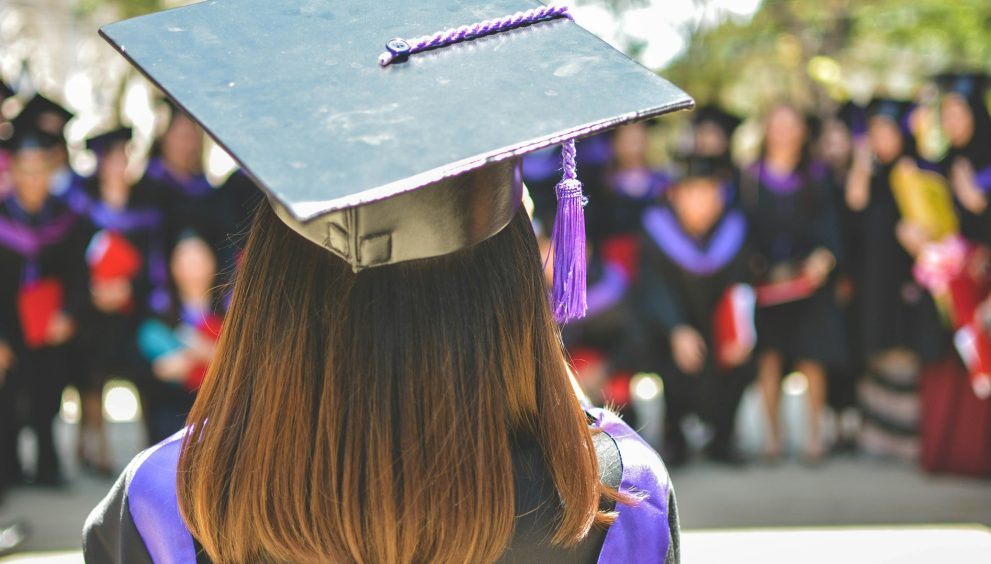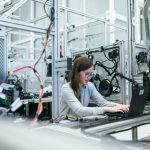What’s New in Aussie Schools? 2024 Trends

The Australian education landscape is constantly evolving, shaped by technological advancements, changing social norms, and global trends. As parents, staying informed about these evolving trends can help us navigate the educational journey for our children and make informed decisions about their learning and development. So, buckle up, Aussie parents, because we’re diving into the top educational trends you should be aware of in 2024:
1. Embracing Technology for Learning:
Technology is no longer just a distraction in classrooms; it’s becoming a powerful tool for personalized learning and engagement. From interactive learning platforms to adaptive software and virtual reality experiences, technology is transforming how students learn, access information, and develop essential skills.
What to Expect:
- Increased use of educational technology (EdTech) across all subject areas.
- More personalized learning experiences tailored to individual needs and learning styles.
- Development of critical thinking and digital literacy skills through technology integration.
Resources:
2. Focus on Social-Emotional Learning (SEL):
Going beyond academics, schools are increasingly recognizing the importance of social-emotional learning (SEL) in fostering well-rounded individuals. SEL programs equip students with skills to manage emotions, build relationships, and make responsible decisions, ultimately contributing to their academic success and overall well-being.
What to Expect:
- Increased focus on SEL programs that address self-awareness, self-management, social awareness, relationship skills, and responsible decision-making.
- Integration of SEL activities and practices into the curriculum across different subject areas.
- Schools partnering with families and communities to support students’ social and emotional development.
Resources:
3. Individualized Learning Pathways:
The “one size fits all” approach to education is gradually giving way to personalized learning pathways. This shift recognizes the diverse needs and learning styles of each student, allowing them to progress at their own pace and explore areas of interest.
What to Expect:
- More flexible learning environments with diverse learning options and activities.
- Increased use of data and assessments to personalize learning experiences.
- Opportunities for students to choose electives, projects, and pathways aligned with their interests and aspirations.
Resources:
4. Preparing for the Jobs of the Future:
The future of work is rapidly changing, and education needs to adapt to prepare students for jobs that may not even exist yet. This means developing skills like critical thinking, problem-solving, collaboration, creativity, and adaptability.
What to Expect:
- Increased emphasis on STEM (Science, Technology, Engineering, and Mathematics) education, including coding and robotics.
- Focus on developing 21st-century skills through project-based learning, real-world experiences, and entrepreneurial thinking.
- Opportunities for students to explore diverse career options and develop future-proof skillsets.
Resources:
- Department of Education and Training (DET)
- World Economic Forum: https://www.weforum.org/agenda/2020/01/the-10-skills-you-need-to-thrive-in-the-fourth-industrial-revolution/
5. Fostering Global Citizenship:
In an interconnected world, understanding diverse cultures, perspectives, and global challenges is crucial for young minds. This trend is driving the integration of global citizenship education into the curriculum, equipping students with the knowledge and skills to become responsible and engaged global citizens.
What to Expect:
- Increased emphasis on learning about different cultures, languages, and perspectives.
- Opportunities for students to engage in international collaborations and projects.
- Development of critical thinking skills to analyze global issues and develop solutions.
Resources:
6. Sustainability and Environmental Education:
Climate change and environmental issues require informed and responsible citizens. Schools are increasingly incorporating sustainability education into the curriculum, teaching students about environmental challenges and empowering them to take action.
What to Expect:
- Increased focus on understanding climate change, biodiversity loss, and other environmental issues.
- Opportunities for students to participate in sustainable practices and projects within the school community.
- Development of critical thinking and problem-solving skills to address environmental challenges.
Resources:
- Australian Curriculum, Assessment and Reporting Authority (ACARA)
- Australian Youth Climate Coalition: https://www.aycc.org.au/
7. Building Digital Literacy and Cybersecurity Skills:
In our digital age, understanding how to navigate the online world safely and responsibly is essential. Schools are equipping students with digital literacy skills, including critical thinking when consuming online information, responsible online behaviour, and cybersecurity awareness.
What to Expect:
- Integration of digital literacy skills into various subjects across the curriculum.
- Opportunities for students to learn about online safety, cyberbullying prevention, and responsible digital citizenship.
- Development of critical thinking skills to evaluate online information and identify potential risks.
Resources:
- Office of the eSafety Commissioner: https://www.esafety.gov.au/
- Australian Cyber Security Centre: https://www.cyber.gov.au/
8. Community Partnerships and Collaboration:
Schools are increasingly recognizing the importance of partnering with families, communities, and businesses to enhance the learning experience. This collaboration fosters a supportive learning environment and exposes students to diverse perspectives and opportunities.
What to Expect:
- Increased opportunities for parents and community members to be involved in school activities and decision-making.
- Partnerships with local businesses and organizations to offer real-world learning experiences and career pathways.
- Stronger connections between schools and communities to support student success and well-being.
Resources:
Staying Informed and Engaged:
Navigating these evolving educational trends can feel overwhelming, but remember, you are not alone! As parents, staying informed and engaged with your child’s school and the broader education landscape is crucial. Utilize the resources provided, connect with other parents, and actively participate in school communities. By working together, we can ensure our children receive an education that prepares them for a successful and fulfilling future.
Disclaimer: This blog post is for informational purposes only and does not constitute professional advice. Please consult with a qualified professional for personalized guidance on your child’s education.












